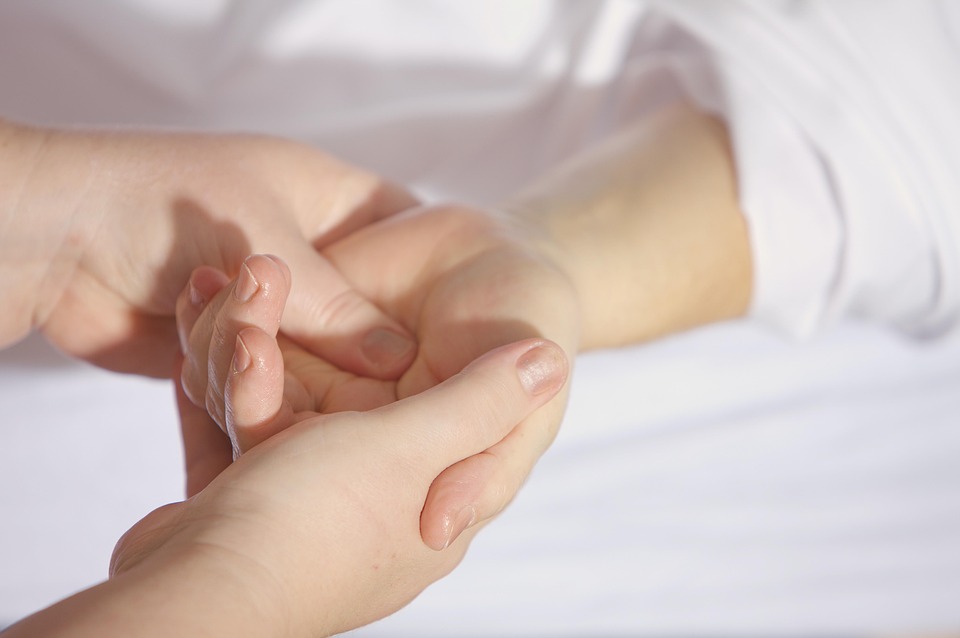
In the quest for fitness, many enthusiasts focus heavily on training and achieving their goals. However, one crucial aspect that is often overlooked is post-workout recovery. Recovery techniques are essential for enabling optimal performance, injury prevention, and overall well-being. In this comprehensive article, we will explore vital post-workout recovery techniques to help you revitalize your body and mind, ensuring that each workout leaves you stronger and ready for the next challenge.
Why Post-Workout Recovery is Important
Post-workout recovery is an integral facet of fitness that involves the process your body undergoes after physical exertion to restore its pre-exercise state. Adequate recovery promotes muscle healing, replenishes energy stores, and reduces soreness. This stage can significantly influence your overall performance and consistency in training.
Benefits include:
- Reduced Muscle Soreness: Recovery techniques can minimize delayed onset muscle soreness (DOMS).
- Enhanced Performance: Adequate recovery can lead to improved strength and endurance during subsequent workouts.
- Mental Well-being: Recovery practices can also contribute to better mental health, relieving stress and promoting relaxation.
1. Hydration – The Foundation of Recovery
One of the simplest yet most effective recovery techniques is hydration. When you work out, your body loses fluids through sweat, and failing to replenish them can lead to fatigue, dizziness, and impaired performance.
Recommended Action:
- Drink water immediately after your workout. Aim for at least 16-24 ounces within the first hour of completing your exercise.
- Consider adding electrolyte-rich drinks if you’ve engaged in intense or prolonged workouts.
2. Nutrition – Fuel Your Recovery
Post-workout nutrition is critical for replenishing glycogen stores and repairing damaged muscle tissue. Consuming the right combination of macronutrients can significantly accelerate recovery.
Recommended Foods:
- Proteins: Aim for 20-30 grams of protein to aid muscle repair. Examples include lean meats, fish, dairy, legumes, and protein shakes.
- Carbohydrates: Carbs help restore glucose levels. Incorporate whole grains, fruits, and vegetables into your post-workout meal.
- Healthy Fats: Avocados, nuts, and seeds can help reduce inflammation and provide essential fatty acids.
Recommended Action:
- Consume a balanced meal within 30-90 minutes post-exercise to optimize recovery. For further reading on the right post-workout foods, refer to Healthline.
3. Stretching and Mobility Work
Incorporating stretching and mobility exercises into your cool-down routine can greatly enhance your recovery. Stretching promotes blood flow to the muscles, alleviating tightness while enhancing flexibility.
Recommended Action:
- Spend 10-15 minutes upon concluding your workout engaging in static stretching, focusing on major muscle groups.
- Consider incorporating foam rolling or self-myofascial release techniques to loosen tight fascia and improve mobility.
For more techniques on stretching for recovery, check out Men’s Health.
4. Rest and Sleep
Physical rest is possibly the most critical aspect of recovery. Your body needs time to repair and rebuild tissues. In particular, quality sleep is essential.
Recommended Action:
- Aim for 7-9 hours of sleep post-workout to allow your muscles to recover fully and grow stronger.
- Establish a nighttime routine that promotes relaxation and better sleep hygiene.
5. Active Recovery
Active recovery refers to low-intensity exercise post-intense workouts, which supports blood circulation and the removal of metabolic waste from the muscles.
Recommended Action:
- Include 20-30 minutes of light activities like walking, cycling, or yoga on days following strenuous exercise, promoting recovery while maintaining activity levels.
6. Cold Therapy and Contrast Baths
Cold therapy, utilizing ice packs or cold baths, can help reduce muscle inflammation and pain. Contrast baths, alternating between hot and cold water, can enhance circulation.
Recommended Action:
- Apply an ice pack for 15-20 minutes on sore muscles or knees post-workout.
- Consider contrast baths after intense training sessions.
7. Nutritional Supplements
For those looking to expedite recovery further, various supplements can assist. Consider options such as:
- BCAAs (Branched-Chain Amino Acids): They can help reduce muscle soreness and stimulate protein synthesis.
- Glutamine: This amino acid plays a role in muscle recovery and immune function.
Always consult with your healthcare provider before adding supplements to your regimen.
Conclusion
Effective post-workout recovery techniques are crucial for maximizing your workout efforts. By integrating hydration, nutrition, stretching, rest, and active recovery into your fitness routine, you can enhance your athletic performance and overall well-being. Prioritize your recovery as much as your workouts, and witness not only improved performance but also a healthier and more resilient body.
FAQ Section
1. How long should I wait after a workout to eat?
It is recommended to consume a balanced meal containing protein and carbohydrates within 30 to 90 minutes post-exercise to optimize recovery.
2. Is stretching necessary after every workout?
While stretching is not mandatory, it can help improve flexibility, alleviate tightness, and promote blood flow, making it beneficial after high-intensity workouts.
3. What types of active recovery exercises can I do?
Activities like walking, cycling at a leisurely pace, swimming, or doing yoga are excellent forms of active recovery.
4. How important is sleep for muscle recovery?
Sleep is crucial for muscle recovery and growth. Aim for 7-9 hours of quality sleep each night to allow your body adequate time to heal.
5. Can hydration affect my workout performance?
Absolutely! Proper hydration is vital for optimal performance. Dehydration can lead to fatigue, decreased endurance, and impaired physical and mental performance.
By applying these recovery techniques, not only can you support your body’s healing processes but also elevate your overall fitness journey.






